
Joe Pickard speaks at the Resource Recycling Conference.
Ferrous and non-ferrous metals recovered from electronics and other sources have been volatile of late. Such uncertainty could continue as China considers limits on taking in some metal grades.


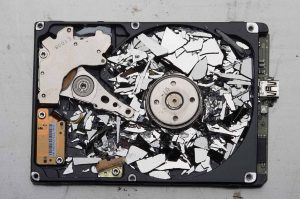 Scientists have developed an environmentally friendly way to recover rare earth elements from shredded electronic scrap without the need for pre-sorting of materials.
Scientists have developed an environmentally friendly way to recover rare earth elements from shredded electronic scrap without the need for pre-sorting of materials.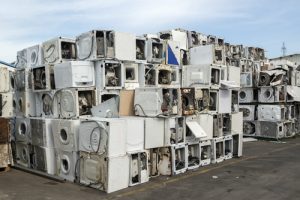 Though overall revenue fell, profits at global e-scrap company Sims Recycling Solutions grew significantly last year, according to the firm’s latest financial filings.
Though overall revenue fell, profits at global e-scrap company Sims Recycling Solutions grew significantly last year, according to the firm’s latest financial filings.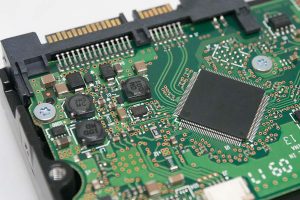 A unique, non-toxic leaching technology that’s been deployed in Canada is set to roll out at the site of an electronics manufacturer in Tennessee.
A unique, non-toxic leaching technology that’s been deployed in Canada is set to roll out at the site of an electronics manufacturer in Tennessee.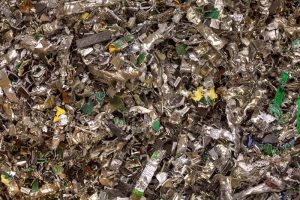 Recent upward price movements for some precious and base metals have made e-scrap recycling executives happy.
Recent upward price movements for some precious and base metals have made e-scrap recycling executives happy. Even if an e-scrap facility is not thought to be processing toxics-emitting devices, it should be testing for toxic substances.
Even if an e-scrap facility is not thought to be processing toxics-emitting devices, it should be testing for toxic substances. Updates to the R2 standard continue to be developed, and a large e-scrap processing facility is under construction in South Australia.
Updates to the R2 standard continue to be developed, and a large e-scrap processing facility is under construction in South Australia.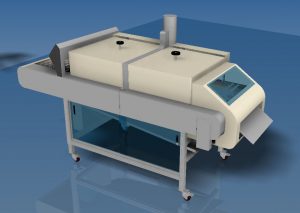 After receiving $400,000 from the federal government, a New York company is developing a mechanical system that could help e-scrap companies handle printed circuit boards more profitably.
After receiving $400,000 from the federal government, a New York company is developing a mechanical system that could help e-scrap companies handle printed circuit boards more profitably. The federal government provided $96,000 to a New York company to design production-scale equipment to remove integrated circuits and components from printed circuit boards.
The federal government provided $96,000 to a New York company to design production-scale equipment to remove integrated circuits and components from printed circuit boards. 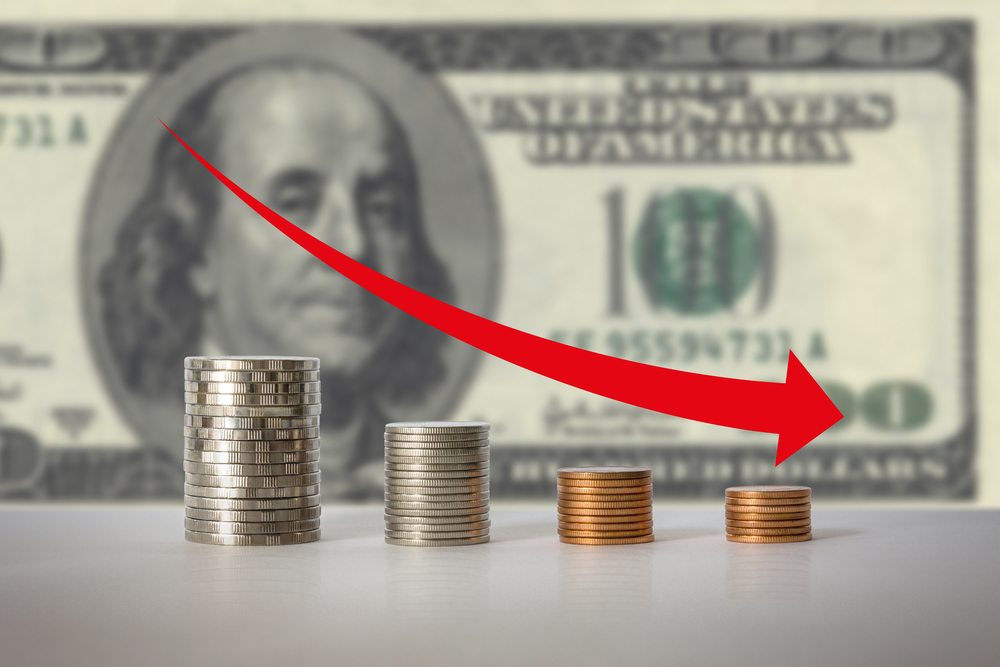 Sims Metal Management’s global e-scrap business saw depressed profits last year, and its U.S.-based electronics recycling operations lost money.
Sims Metal Management’s global e-scrap business saw depressed profits last year, and its U.S.-based electronics recycling operations lost money.